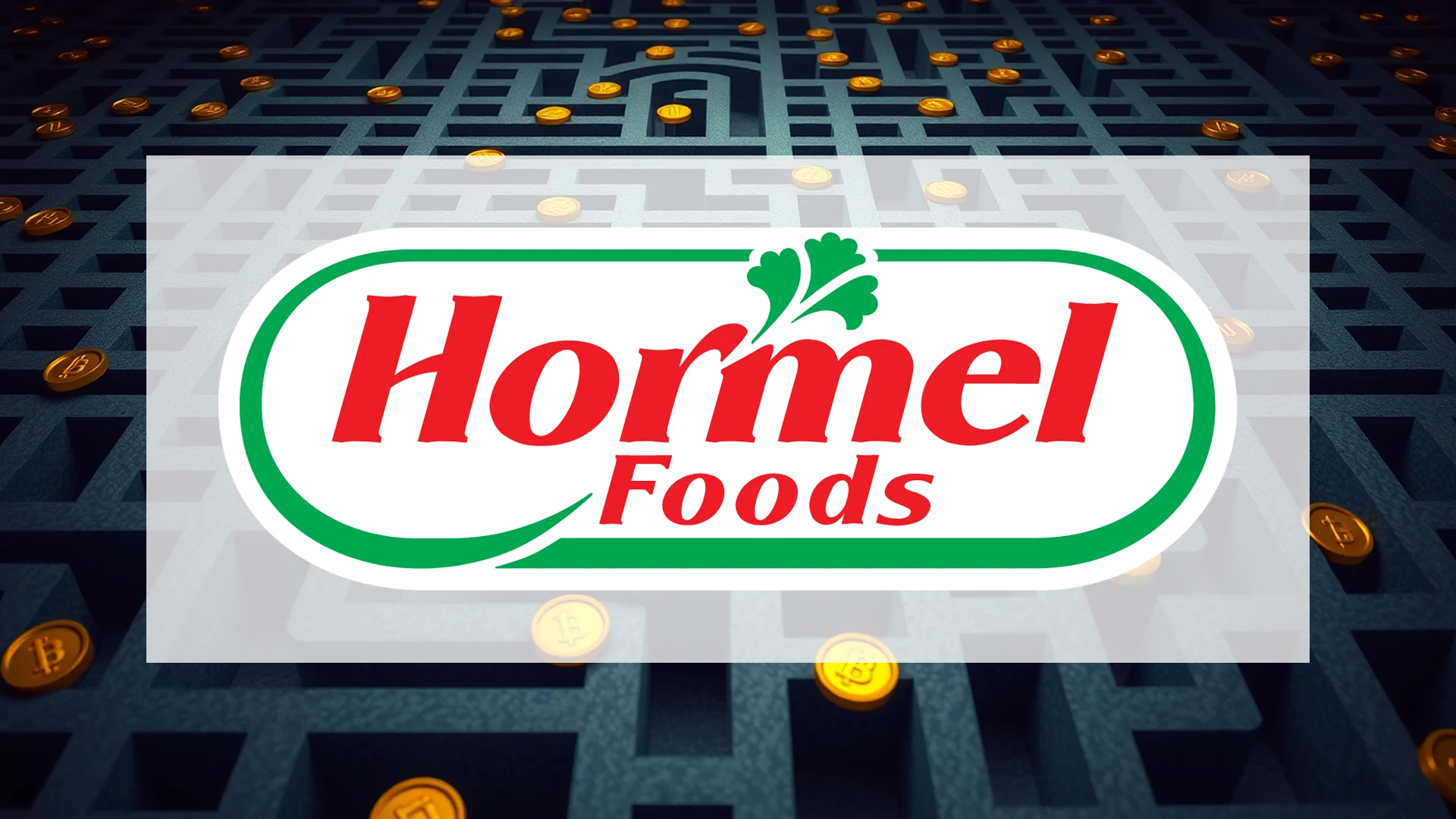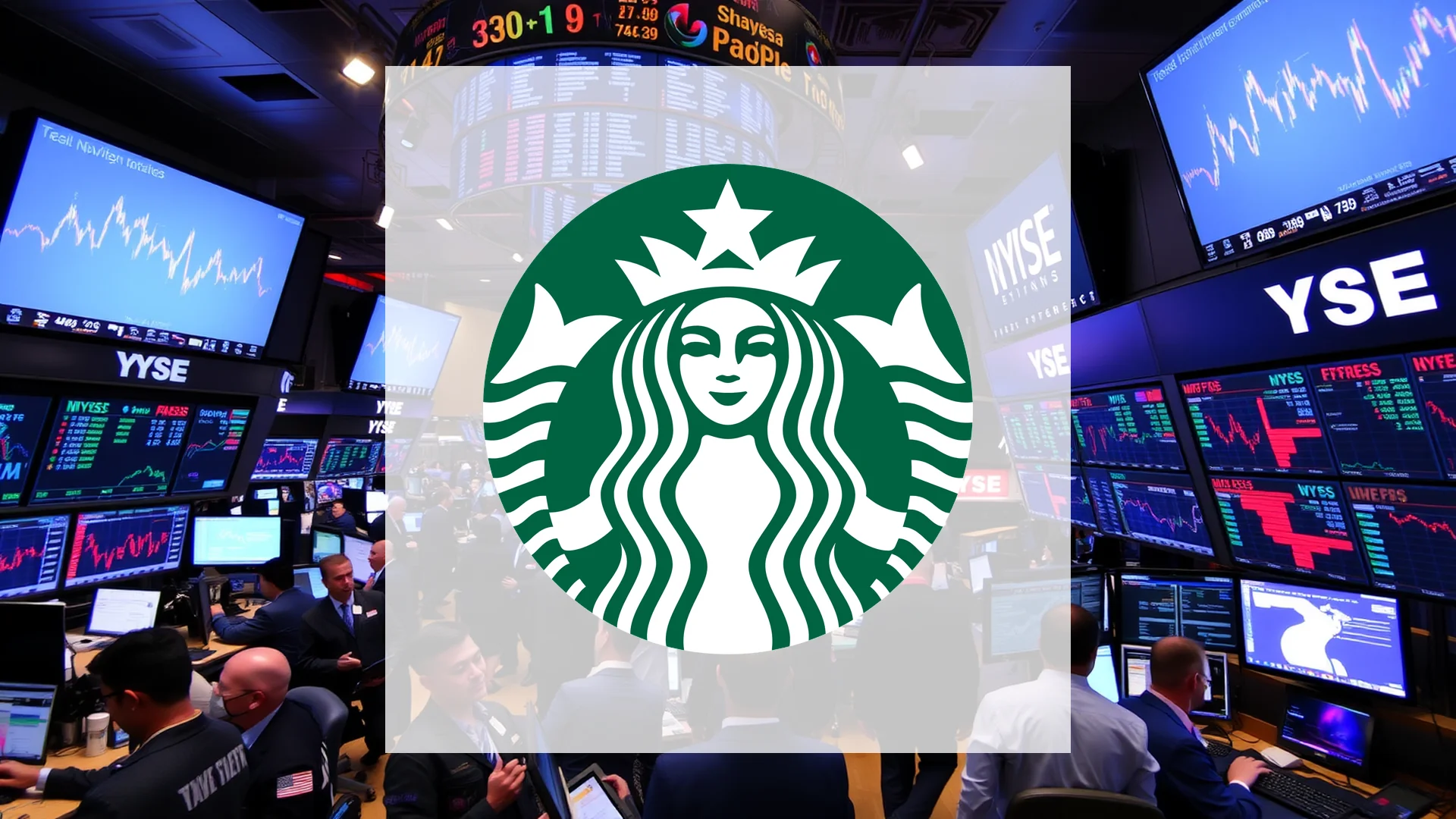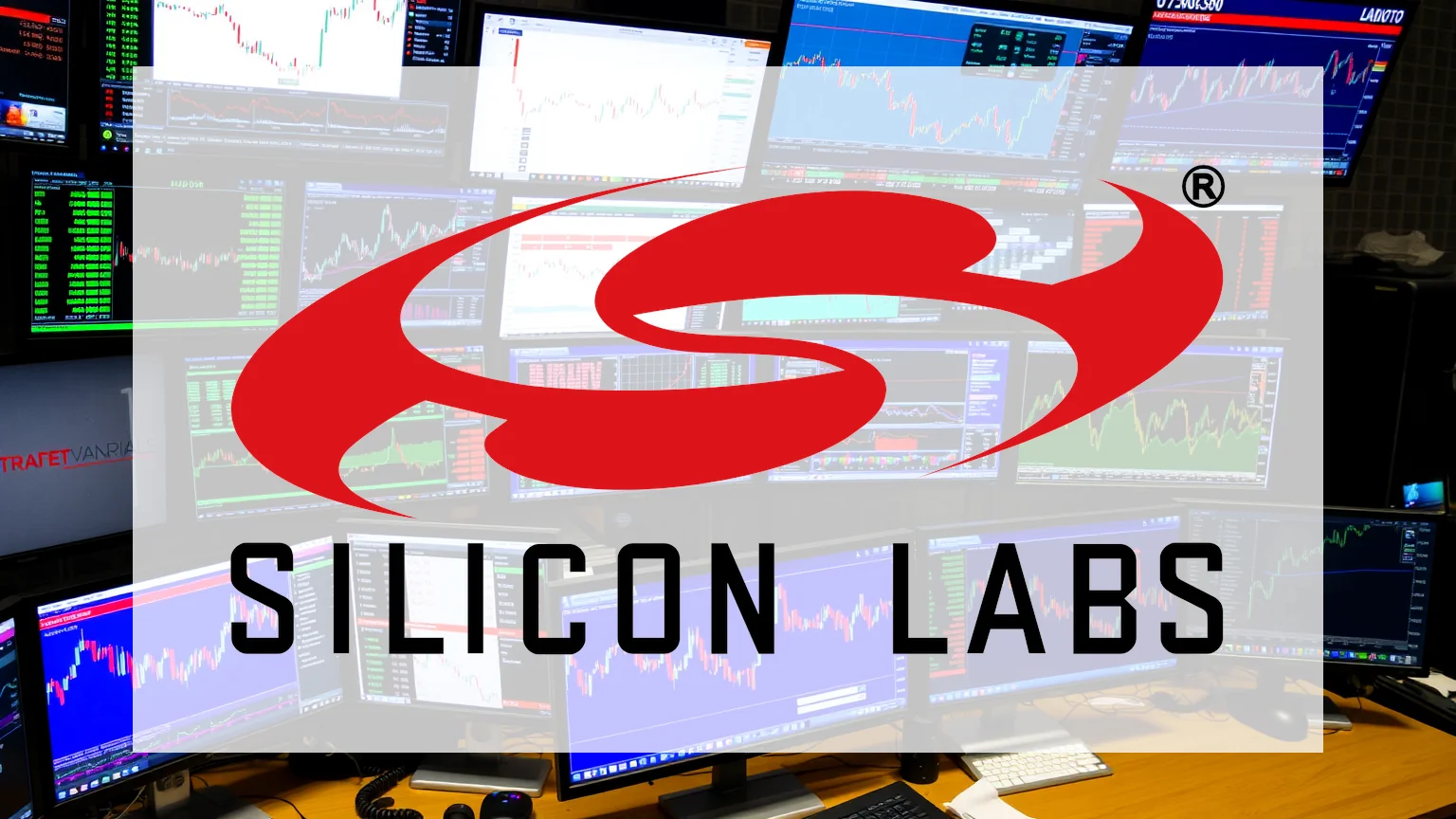The investment case for Hormel Foods presents a study in contrasts. While the company maintains its impressive track record of rewarding shareholders, concerning signals from credit markets and operational challenges are creating uncertainty about its future trajectory.
Credit Rating Downgrade Raises Concerns
Moody’s Investors Service has taken a negative view of Hormel Foods’ financial health, downgrading the company’s corporate family rating to A2 from A1. More alarmingly, the agency assigned a negative outlook, indicating potential for further downgrades. Moody’s cited weak operational earnings power as the primary reason, noting this impairment limits the corporation’s ability to effectively reduce its debt levels.
Operational Setbacks Mount
The credit rating action follows several significant operational difficulties that have hampered Hormel Foods’ performance:
- Substantial pricing pressures and unpredictable raw material expenses
- Multiple avian influenza outbreaks affecting the Jennie-O turkey division
- Significant facility damage from a production plant fire
- The unexpected departure of the company’s chief financial officer
These compounding issues have substantially delayed the recovery of profit margins that analysts consider crucial for the company’s financial stability.
Should investors sell immediately? Or is it worth buying Hormel Foods?
Dividend Streak Continues Unabated
Despite these operational headwinds, Hormel Foods’ board recently approved another dividend increase—the 60th consecutive annual raise. The quarterly payout will grow by 1 percent to $0.2925 per share, reinforcing the company’s appeal to income-focused investors. The next distribution is scheduled for February 2026, maintaining a pattern of shareholder returns that spans six decades.
Restructuring Efforts Underway
In response to these challenges, management has initiated comprehensive restructuring measures. The critical question facing investors is whether these initiatives will prove sufficient to counterbalance cost pressures and restore profitability. Market skepticism is evident in the equity performance—Hormel shares have declined more than 35% year-to-date and are trading near their 52-week low.
The fundamental tension between Hormel’s reliable dividend payments and its deteriorating operational performance leaves investors weighing a difficult proposition: Does the current situation represent a temporary setback or the early stages of a more permanent structural decline?
Ad
Hormel Foods Stock: Buy or Sell?! New Hormel Foods Analysis from February 7 delivers the answer:
The latest Hormel Foods figures speak for themselves: Urgent action needed for Hormel Foods investors. Is it worth buying or should you sell? Find out what to do now in the current free analysis from February 7.
Hormel Foods: Buy or sell? Read more here...











